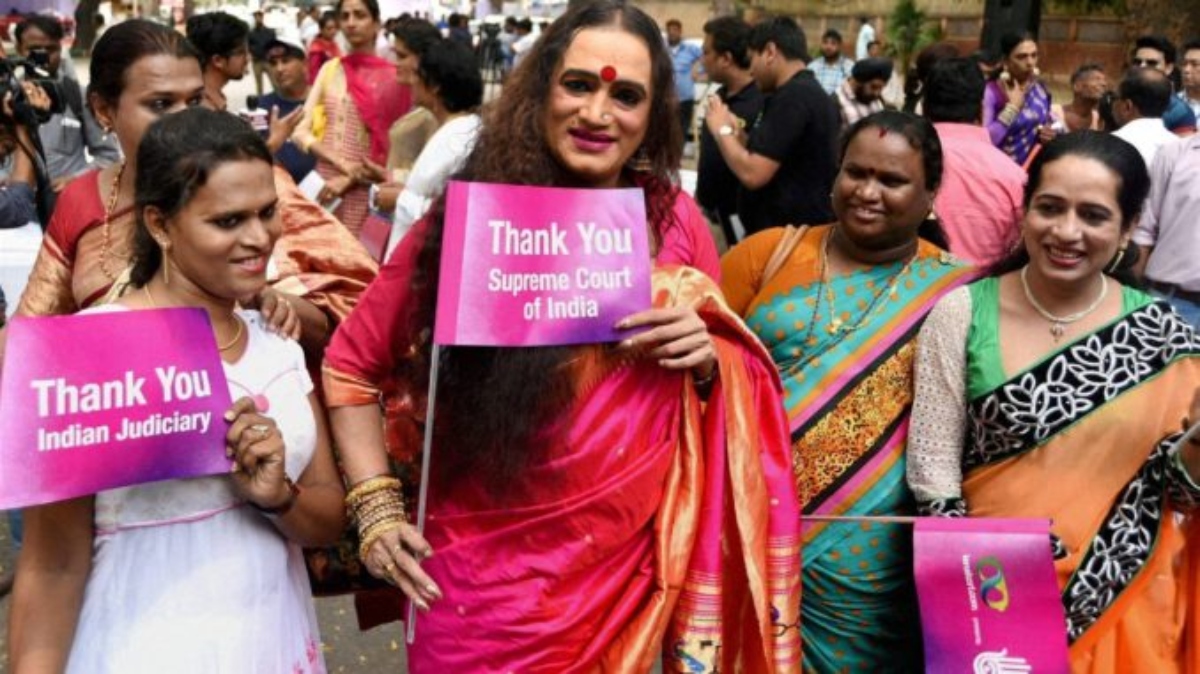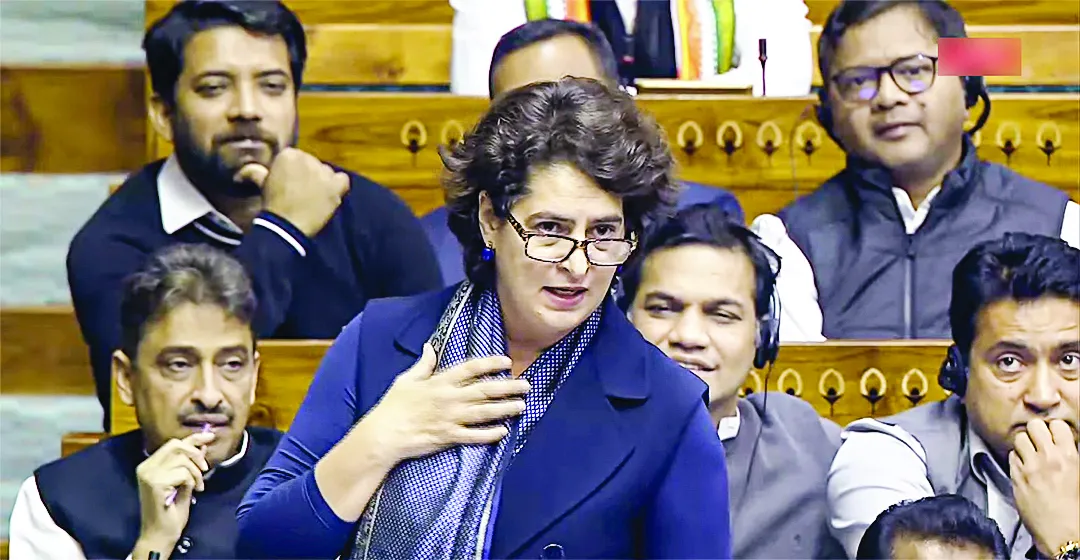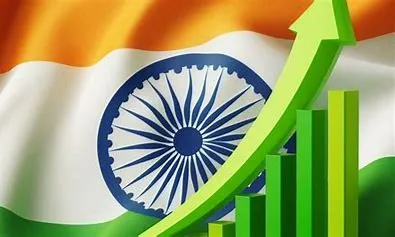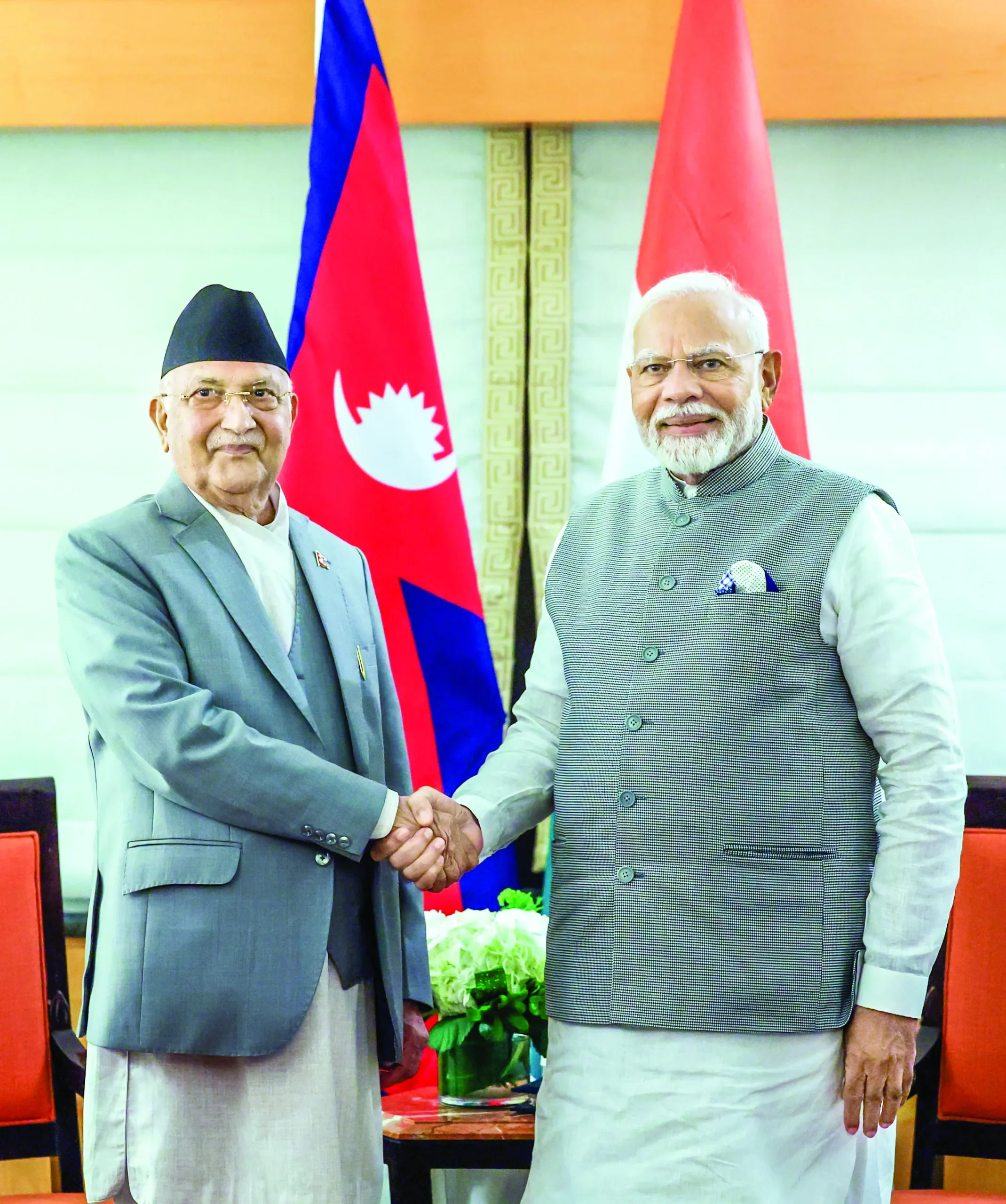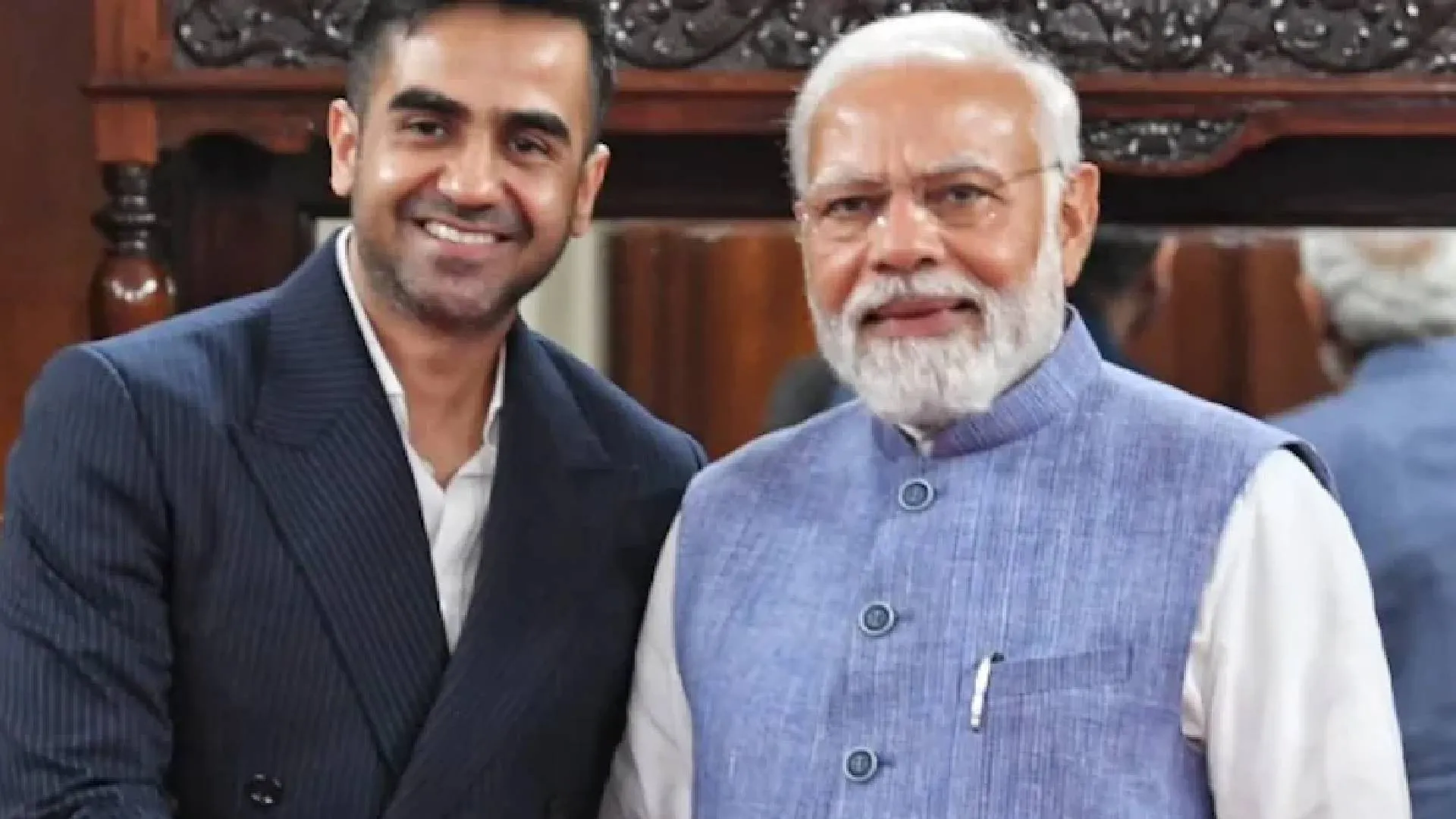The transgender communities in India have long struggled for recognition, acceptance, and equality within society. Historically marginalized and often subjected to discrimination and violence, these communities have been pushing for change and paving the way towards a more inclusive future. As India progresses, so does the understanding of gender diversity, slowly challenging traditional norms and fostering an environment where transgender individuals can live with dignity and respect. On 15 August this year, Jio Cinema aired the “Taali” web series, which was based on the life of transgender rights activist Shree Gauri Sawant that addressed the same subject. It is a six-episode biographical drama that recounts significant events in Sawant’s life, from her upbringing in a small Maharashtrian village through her struggle for transgender rights in India. Such representations of transgender people in the media have the potential to raise awareness, develop understanding, and foster empathy. Increased sensitivity and a deeper awareness of the problems transgender people encounter, such as biases, identity conflicts, and social isolation, can result from this connection. This greater understanding can, later, contribute to eradicating discrimination and fostering inclusion. Similarly, the 2017 film “A Fantastic Woman” dealt with a transgender woman battling societal prejudice and despair, which prompted discussions concerning gender identity and rights. However, it is pertinent to note that the impact of movies on sensitization can vary. Poorly executed or exploitative portrayals can reinforce stereotypes and misconceptions, doing more harm than good. Therefore, it is crucial for filmmakers to approach such topics with respect, authenticity, and a commitment to accurate representation. Inclusive casting, involving transgender consultants, and collaborating with transgender activists and organizations can all contribute to more responsible storytelling.
For decades, transgender individuals, often referred to as ‘hijras’ or ‘eunuchs’, have existed on the fringes of Indian society. Their identities have been misconstrued or reduced to mere stereotypes, contributing to their exclusion from education, employment, healthcare, and other essential services. However, over the years, there has been a growing recognition of the need to address these issues. The legal landscape has witnessed significant changes, including the National Legal Services Authority (NALSA) judgment in 2014, which recognized transgender people as a “third gender” and affirmed their right to self-identify. Further, in the same context, the Transgender Persons (Protection of Rights) Act, 2019 is a landmark legislation in India that aims to protect the rights of transgender people. The said Act has been praised by many for its progressive provisions, but it has also been criticized for some of its shortcomings. One of the most significant provisions of the Act is the right to self-perceived gender identity. This means that transgender people have the right to identify themselves as male, female, or transgender, regardless of the gender they were assigned at birth. This is a major step forward, as it recognizes the right of transgender people to determine their own gender identity. Another important provision of the Act is the right to a certificate of identity which means that transgender people can apply to the District Magistrate for a certificate that reflects their self-perceived gender identity. This certificate can be used to prove their gender identity for official purposes, such as obtaining a passport or a driver’s license. The Act also prohibits discrimination against transgender people in all spheres of life, including education, employment, healthcare, and access to public facilities. This is a major step forward in ensuring that transgender people have equal rights and opportunities. However, the Act has also been criticized for some of its shortcomings, for example, the Act requires transgender people to undergo a medical examination in order to obtain a certificate of identity. This has been criticized as being discriminatory and unnecessary. The Act also does not provide for any specific measures to address the violence and discrimination that transgender people face which is also a major shortcoming, as it leaves transgender people vulnerable to abuse and harm. Overall, the Act is a significant step forward in the fight for the rights of transgender people in India.
Despite the various legal advancements mentioned above, significant challenges still persist. Discrimination and violence against transgender individuals continue, often rooted in ignorance and deep-seated societal biases. These challenges are particularly severe for transgender individuals who belong to marginalized communities, such as lower castes and economically disadvantaged groups. Lack of access to education and economic opportunities exacerbates their vulnerability, creating a cycle of exclusion that is difficult to break.
It is true that initiatives are being taken at many levels to promote inclusion and equality. Non-governmental Organizations (NGOs), activists, and community leaders are playing a crucial role in promoting transgender rights and offering assistance to transgender people. Their initiatives range from legal assistance and healthcare services to skill development and education programs, aiming to empower transgender individuals to lead self-sufficient lives.
Foundations for Achieving Inclusivity for Transgenders
One of the cornerstones of achieving inclusivity is through education. Schools and educational institutions are gradually starting to recognize the importance of providing safe and supportive environments for transgender students. Efforts are being made to implement anti-bullying measures, educate teachers, and staff about transgender issues, and include diverse perspectives in curricula. These changes are essential in nurturing empathy and understanding among the younger generation, who will ultimately shape the future of the country.
Employment opportunities are another critical factor in fostering inclusivity. Many transgender individuals have faced barriers to finding and retaining jobs due to discrimination and lack of understanding from employers. To address this, there is a growing push for workplace policies that ensure equal treatment and protection against discrimination based on gender identity. In an effort to encourage accessibility and diversity at the workplace, one such natural resources company, Vedanta, started implementing an inclusion policy for its transgender employees. Additionally, creating economic opportunities tailored to the skills and experiences of transgender individuals can empower them to become financially independent.
Healthcare access is a fundamental right that has often been denied to transgender individuals. Many face challenges when seeking medical assistance, ranging from a lack of understanding of healthcare providers to refusal of treatment. This has led to severe health disparities within the community. Initiatives to train healthcare professionals in transgender-specific care, coupled with efforts to increase awareness about transgender health needs, are crucial for ensuring their well-being.
An inclusive future for transgender communities in India requires collective action. Government policies must be formulated and implemented to address the unique challenges faced by transgender individuals. Legal protections need to be strengthened to ensure their rights are safeguarded and upheld. At the societal level, it is imperative to challenge biases, unlearn discriminatory attitudes, and actively promote acceptance and respect for all gender identities.
In conclusion, the journey towards an inclusive future for transgender communities in India is marked by progress and challenges alike. While legal advancements and increased visibility have certainly brought about positive changes, discrimination and exclusion persist. The path to inclusivity requires concerted efforts from all levels of society– government, institutions, communities, and individuals. By fostering understanding, empathy, and equality, India can create a future where transgender individuals are not only recognized and accepted, but can also thrive and contribute meaningfully to the nation’s growth.
Anwesha Ghosh is a Research Scholar, Department of Law, School of Legal Studies, Central University of Punjab, Bathinda. Akash Bag is an Assistant Professor, Department of Law, Adamas University, Kolkata.

